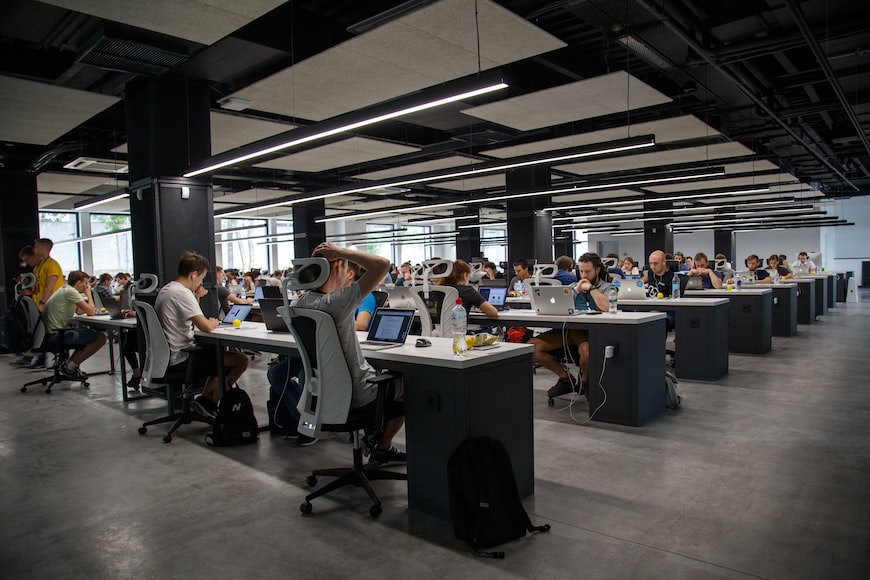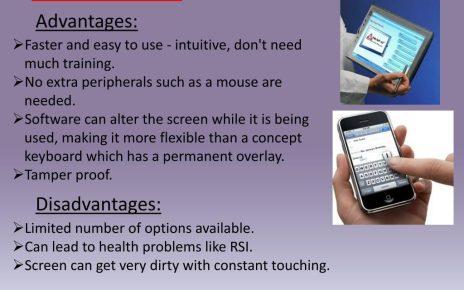Traffic is important to content marketing and any online business as blood is important to live.
To get organic traffic to your website or e-commerce, you’d need to optimize your website, however image SEO is often neglected.
Beginner content marketers and bloggers may not understand if SEO optimization of images is still worthwhile, here, I’ll tell you.
What is Image Optimization?
Web image optimization simply refers to the use of metadata while uploading your image to the internet, and also making the image to be lightweight and loading fast.
Since image metadata helps the search engines to understand the image file, and differentiate it from other image files, it thus impacts SEO.
Image title and alt text have impacts on SEO, while caption can improve engagement with the image file.
Image optimization is now easy to do, there are image SEO tools you can use with your website to automate the image SEO process.
You can also use an SEO image optimizer online to evaluate your image SEO score and make proper corrections to errors.
To make your image files load fast and rank on image search, you need to compress them and use popular formats like the PNG or JPG.
Why are Images important for SEO?
It has been proven that a lot of traffic is lost as a result of the new image search algorithm update, and image SEO is more important than ever before.
Therefore, SEO-optimized images should not be negotiated in your content development, it’s important to fill all the metadata with search terms on search engines to rank in the image search when these terms are searched.
Image optimization would make your images searchable on Google, and other search engines, and it also improves its placement in the Google image search and increase the visibility of a website.
For your image SEO, the image file name, other metadata, and file size are factors of image ranking.
Also, images are the most important visible components of your web content. It can help to break your content, improve engagement, and reduce bounce rate.
When you optimize your web images, you also improve your overall web SEO score, pull additional traffic to your website, and improve the usability of the website.
Benefits of having optimized Images
- It improves your website’s visibility
- It increases your website’s traffic via image search
- Possibility of a top ranking on search engines
- Improvement of your website users’ experience
How to Optimize Web Images for SEO
To optimize your web images, use relevant keywords in your file name, title tag, and alt tag.
The metadata of each image should be unique, descriptive, meaningful, and explains what the image is about
The image alt tag is as important as the file name and title, it’s also called alt attribute and interprets the image in an HTML document.
The alt attribute is a very important element for on-page website optimization, and interprets the image in a programming language to search engines.
Also, the alt tag or attribute is shown to the web users as text when the image fails to load.
Speed is now another important factor in ranking web pages, and this applies to image SEO.
To make your web images load fast, the image size should not be more than 150 KB. The faster an image loads, the more likely it is to be clicked on by the user.
However, the image dimension should not be small. Small images like thumbnails may have a low chance of ranking in the image search results, so larger images should be uploaded in preference.
A dimension of 1024 pixels on a side has become a standard, therefore, it’s a rule of thumb to have a small file size but a large image size.
Also, the landscape mode is more preferred than the portrait mode because images can be viewed larger and better in the landscape mode.













